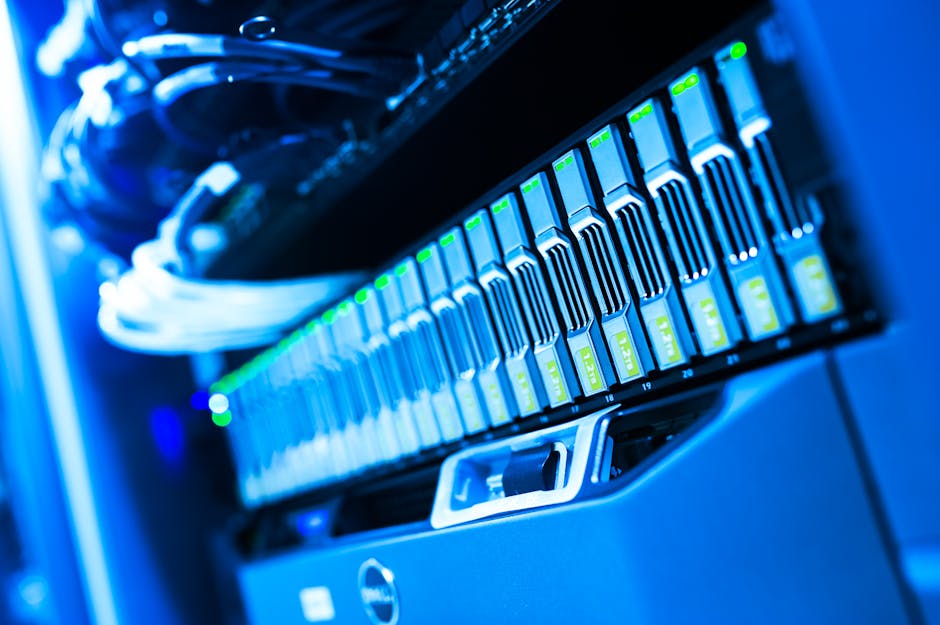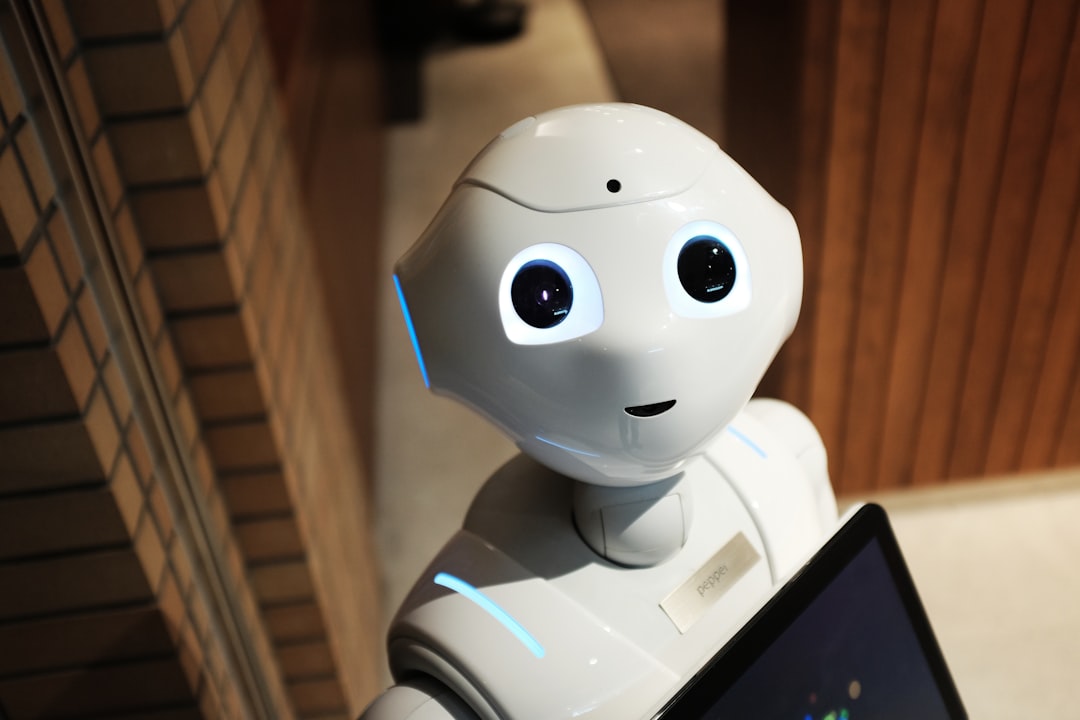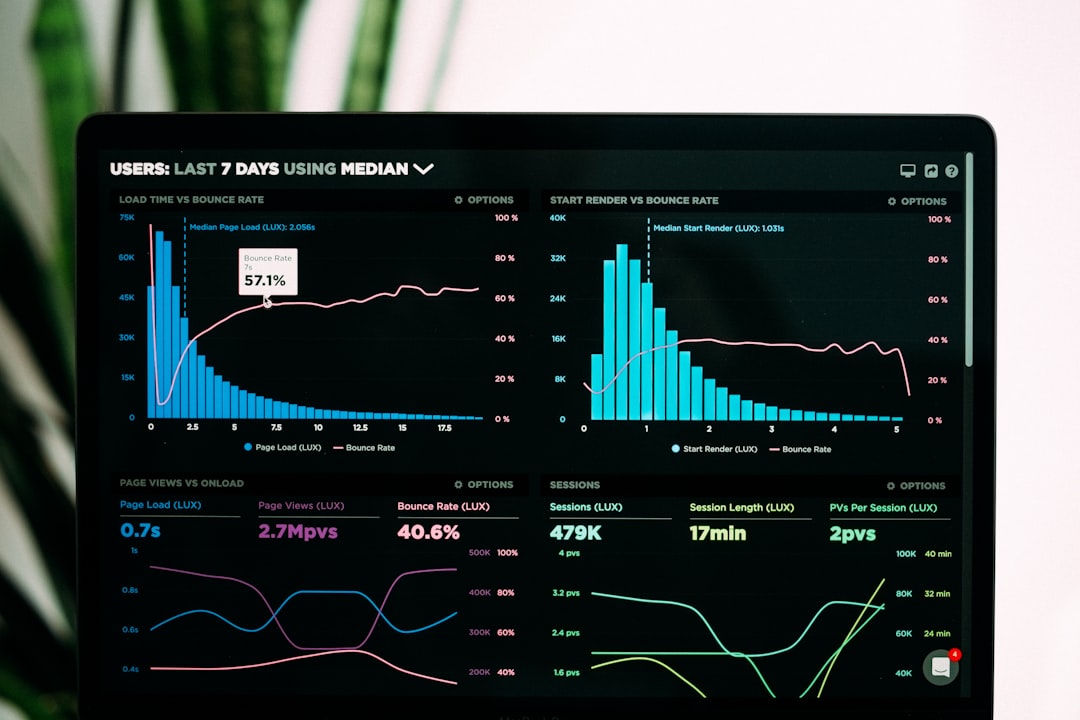Unlock encrypted content
Please enter your SSCE key to initiate on-the-fly decryption.
Decryption key: (Click cancel if you don't have the key)
Copied link to clipboard.
This feature is unavailable for free accounts. Upgrade now and enjoy all Premium benefits.
Go Premium!
This feature is unavailable for free accounts. Upgrade now and enjoy all Premium benefits.
Go Premium!
Please open this page in browser ( Google Chrome or Safari ) to use this feature.
Open In Browser
The Future of Vehicle Safety Systems, Automation, and Their Impact on Job Displacement.
Random related video for this blog.
Copied share link to clipboard.
As technology evolves, the intersection of vehicle safety systems, automation, and data management becomes increasingly relevant.
Vehicle Safety Systems and Automation
The automotive industry is undergoing a transformative shift with the integration of advanced vehicle safety systems and automation. These systems are designed to enhance the safety and efficiency of vehicles on the road. For instance, features like automatic emergency braking, lane-keeping assist, and adaptive cruise control are becoming standard in many new models. According to recent studies, these technologies can significantly reduce accidents, thereby saving lives and minimizing injuries. One notable example of this is Tesla's Autopilot system, which utilizes a combination of cameras, radar, and ultrasonic sensors to operate the vehicle in a semi-autonomous mode. This technology not only enhances safety but also collects vast amounts of data that can be analyzed to improve future iterations of the software. The data analytics aspect plays a crucial role in refining these systems, allowing manufacturers to understand user behavior and the conditions leading to accidents. However, the rise of automation in vehicles also raises concerns about job displacement. As more systems become automated, the demand for human drivers, especially in sectors like trucking and public transport, may decline. This shift necessitates a discussion about retraining and reskilling workers to adapt to the changing job landscape. Furthermore, the implications of transhumanism, where humans and machines enhance each other’s capabilities, come into play. This concept suggests that as vehicles become smarter, so too must the workforce evolve, embracing new technologies to remain relevant.Data Management in Vehicle Safety Systems
Data management is a critical component of modern vehicle safety systems. The ability to synchronize data across multiple devices and platforms is essential for effective operation. For instance, cloud-native applications enable real-time data access and analytics, ensuring that vehicle safety systems can beupdated and improved continually. This is where solutions like FileLu come into play, offering robust options for cross-device file synchronization and data storage. Using FileLu, automotive companies can securely upload and store 3D data, including models for vehicle design and safety simulations. The platform supports various upload methods, such as FTP, URL remote upload, and APIs, allowing for seamless integration into existing workflows. With features like mobile apps and WebDAV access, teams can collaborate more efficiently, ensuring that all stakeholders have the latest information at their fingertips. Moreover, as the automotive industry increasingly relies on data analytics to enhance safety systems, the importance of data integrity and privacy cannot be overstated. FileLu’s commitment to secure file storage provides peace of mind for manufacturers handling sensitive information. By enabling Secure Solo Cipher Encryption (SSCE), companies can protect their data from unauthorized access, ensuring compliance with regulations and safeguarding intellectual property.
Implications of Job Displacement and Transhumanism
As automation and advanced vehicle safety systems become more prevalent, the potential for job displacement grows. The shift to autonomous vehicles may lead to a significant decline in demand for traditional driving jobs. For example, a report by the American Trucking Association suggests that there could be a reduction of up to 1.7 million truck driving jobs due to the advent of self-driving technology. This potential displacement raises critical questions about the future of work. How do we prepare a workforce that may be rendered obsolete by technology? Retraining and reskilling programs will be essential to help workers transition into new roles that emerge as a result of these advancements. Industries may need to invest in educational initiatives that focus on technology and data management skills, ensuring that the workforce is equipped for the future. Transhumanism plays a pivotal role in this evolution. As humans and machines increasingly collaborate, there is an opportunity for workers to enhance their capabilities through technology. For instance, augmented reality training tools can help workers learn new skills in a more interactive and engaging manner. This symbiotic relationship between humans and machines may not only mitigate job displacement but also lead to new job creation in sectors that we cannot yet fully envision.Cloud-Native Applications and Data Analytics
Cloud-native applications are revolutionizing the way industries manage data, particularly in the automotive sector. By leveraging cloud storage solutions like FileLu, companies can ensure that their data is not only secure but also easily accessible. The ability to store large amounts of data, such as 3D models and analytics from vehicle safety systems, is critical for ongoing development and improvement. Data analytics plays a crucial role in this process. By analyzing the vast amounts of data generated by vehicles, manufacturers can gain insights into performance, safety, and user behavior. This information can lead to proactive measures, such as software updates or design changes, that enhance vehicle safety and efficiency. For instance, data collected from vehicles can reveal patterns in driver behavior, allowing for targeted training programs aimed at improving safety. FileLu's cloud storage capabilities enable automotive companies to manage this data effectively. With options for online backup and secure file sharing, teams can collaborate seamlessly, regardless of their location. The integration of APIs and mobile apps ensures that data is always accessible, facilitating timely decision-making and innovation in vehicle safety systems.The Future of Vehicle Safety Systems and Employment
The future of vehicle safety systems is bright, but it comes with challenges that need to be addressed. As automation and advanced technologies become more integrated into our daily lives, the importance of balancing innovation with social responsibility is paramount. Companies must consider the implications of their technological advancements on employment and society as a whole. To foster a positive outcome, stakeholders in the automotive industry must engage in discussions about job displacement, reskilling, and the ethical implications of transhumanism. Collaborative efforts between manufacturers, government, and educational institutions will be crucial in creating a workforce that is adaptable and prepared for the future. Moreover, as vehicle safety systems evolve, consumer expectations will also change. The demand for safer, more efficient vehicles will drive innovation, pushing manufacturers to continuously improve their offerings. By embracing data analytics and cloud-native applications, the automotive industry can not only enhance vehicle safety but also create a sustainable future for employment.Conclusion
In conclusion, the convergence of vehicle safety systems, automation, and data management presents both opportunities and challenges. As technology advances, the automotive industry must navigate the complexities of job displacement while fostering innovation. By leveraging cloud-native solutions like FileLu for data storage and analytics, companies can ensure that they remain at the forefront of this evolution. Ultimately, the integration of advanced technologies into our vehicles has the potential to enhance safety, efficiency, and the overall driving experience.Frequently Asked Questions (FAQs)
Question: What are vehicle safety systems? Answer:
Vehicle safety systems are technologies designed to enhance the safety of vehicles, including features like automatic braking and lane-keeping assistance.
Question: How does automation impact jobs in the automotive industry? Answer:
Automation can lead to job displacement, particularly in driving roles, necessitating retraining and reskilling for affected workers.
Question: What role does data analytics play in vehicle safety? Answer:
Data analytics helps manufacturers understand performance and safety trends, leading to improvements in vehicle design and technology.
Question: How can FileLu support automotive data management? Answer:
FileLu offers secure cloud storage, file synchronization, and data management solutions that are essential for automotive companies handling large datasets.
By Amelia Isabella.
Email: [email protected]
Related
Tesla Full Self-Driving (FSD) Robotics: A Futuristic Leap in Transportation
September 3, 2023
Read More
Efficient File Synchronization for Futuristic Interstellar Colonization and Internet Security.
September 5, 2023
Read More
Cutting-Edge Innovations in Data Deduplication and Internet of Things (IoT)...
September 7, 2023
Read More
Photo Storage, Vehicle Automation, and Secure File Locking and Unlocking:...
September 9, 2023
Read More
Data is Encrypted in Transit: Compliance-Ready Storage Solutions for Secure...
September 12, 2023
Read More
Immersive Media Storage: A Next-Generation Solution for File Management and...
September 24, 2023
Read More
Cloud Computing Services: Unlocking the Potential of Futuristic Transportation and...
October 29, 2023
Read More
Unlocking the Potential of Cloud Storage: Exploring Parallel Universes, Data...
November 21, 2023
Read More
Popular
Latest
The Future of Digital Transformation: Exploring Smart Homes, Efficient File...
November 30, 2025
Read More
Exploring the Benefits of Cloud Storage and Innovative Technologies in...
November 26, 2025
Read More
The Future of Technology: Exploring Biohacking, Space Tourism, and Digital...
November 23, 2025
Read More
The Future of File Sharing: Streamlined Workflows for Photographers and...
November 19, 2025
Read More
Exploring the Intersection of Technology: From Cybersecurity to Augmented Reality...
November 16, 2025
Read More
The Future of File Management: Embracing Edge Computing and Efficient...
November 12, 2025
Read More
The Future of File Sharing: Exploring User-Friendly Solutions and Data...
November 5, 2025
Read More
The Future of Cloud Storage: How FileLu Empowers Creative Professionals...
November 2, 2025
Read More
The Future of Autonomous Technologies: Innovations in Robotics, File Sharing,...
October 29, 2025
Read More
Emerging Technologies Revolutionizing File Management: From Li-Fi to Robust Collaboration...
October 26, 2025
Read More
Emerging Technologies: Exploring the Impact of File Access Auditing, Genetic...
October 19, 2025
Read More
The Future of Data Storage: Exploring Advanced Encryption, Mobile Integration,...
October 5, 2025
Read More
Exploring the Future of Data Management: Security, Efficiency, and Cognitive...
September 28, 2025
Read More
Revolutionizing Data Management: Innovations in Storage, Security, and Sustainable Technology.
September 24, 2025
Read More


















